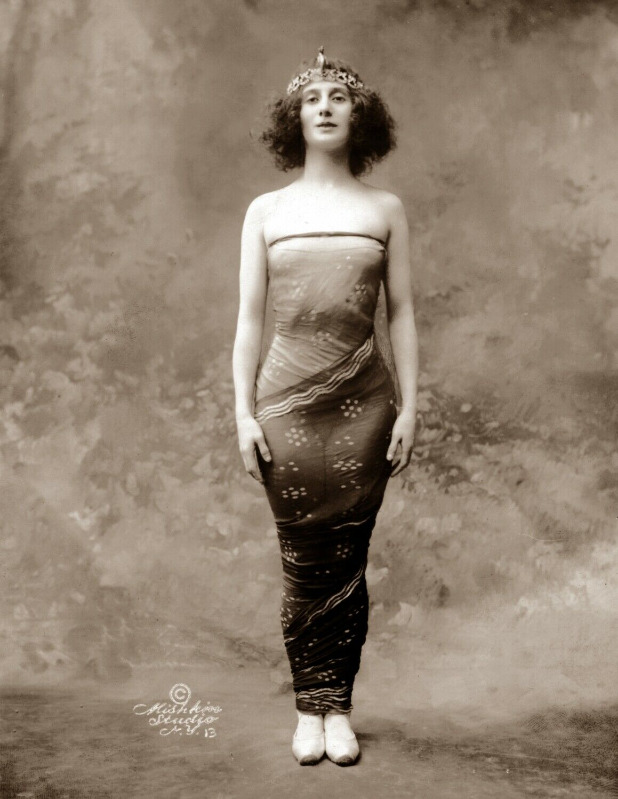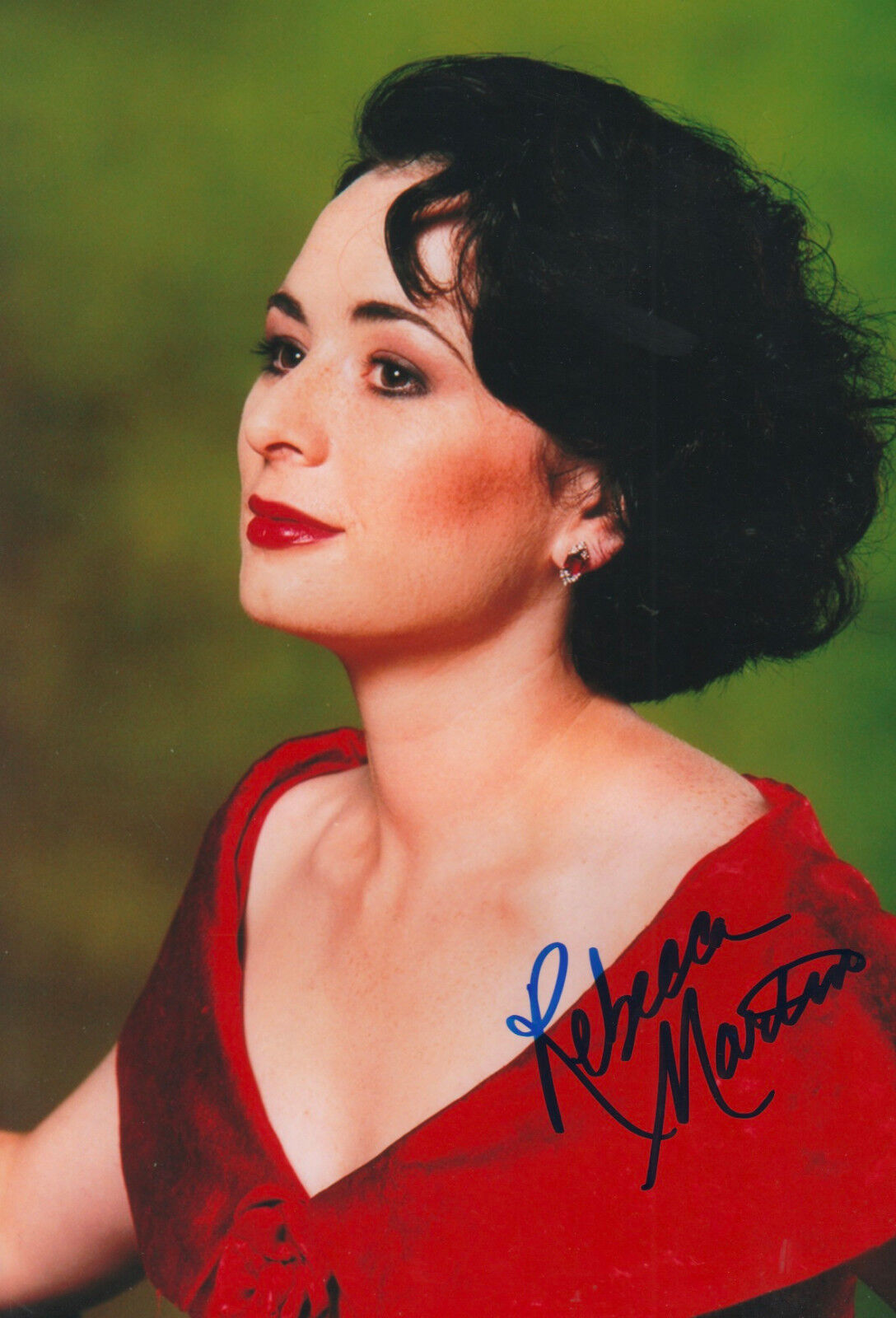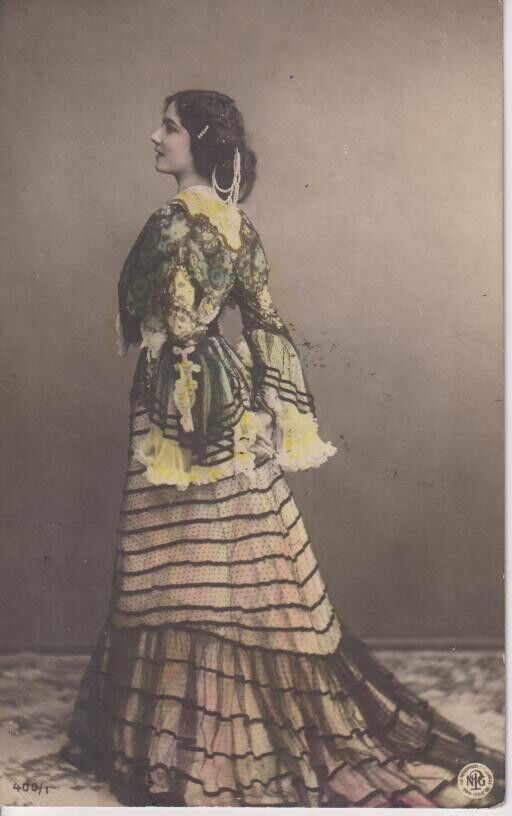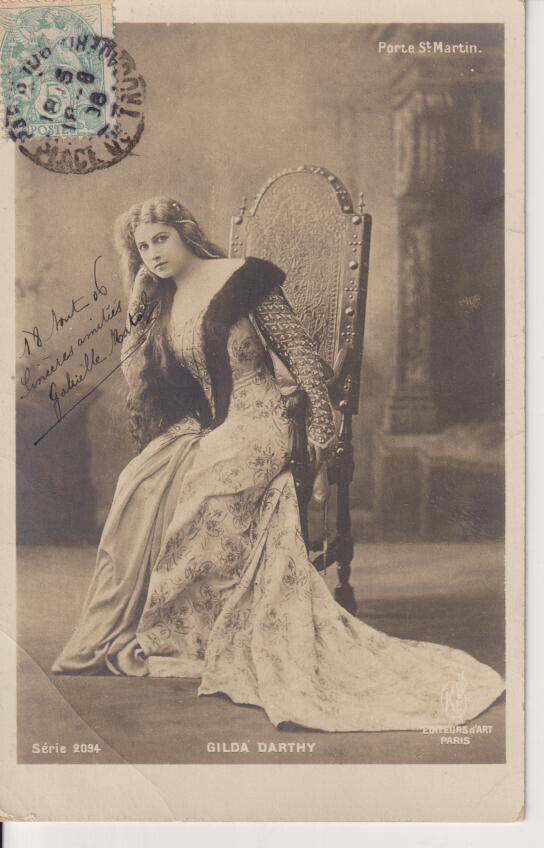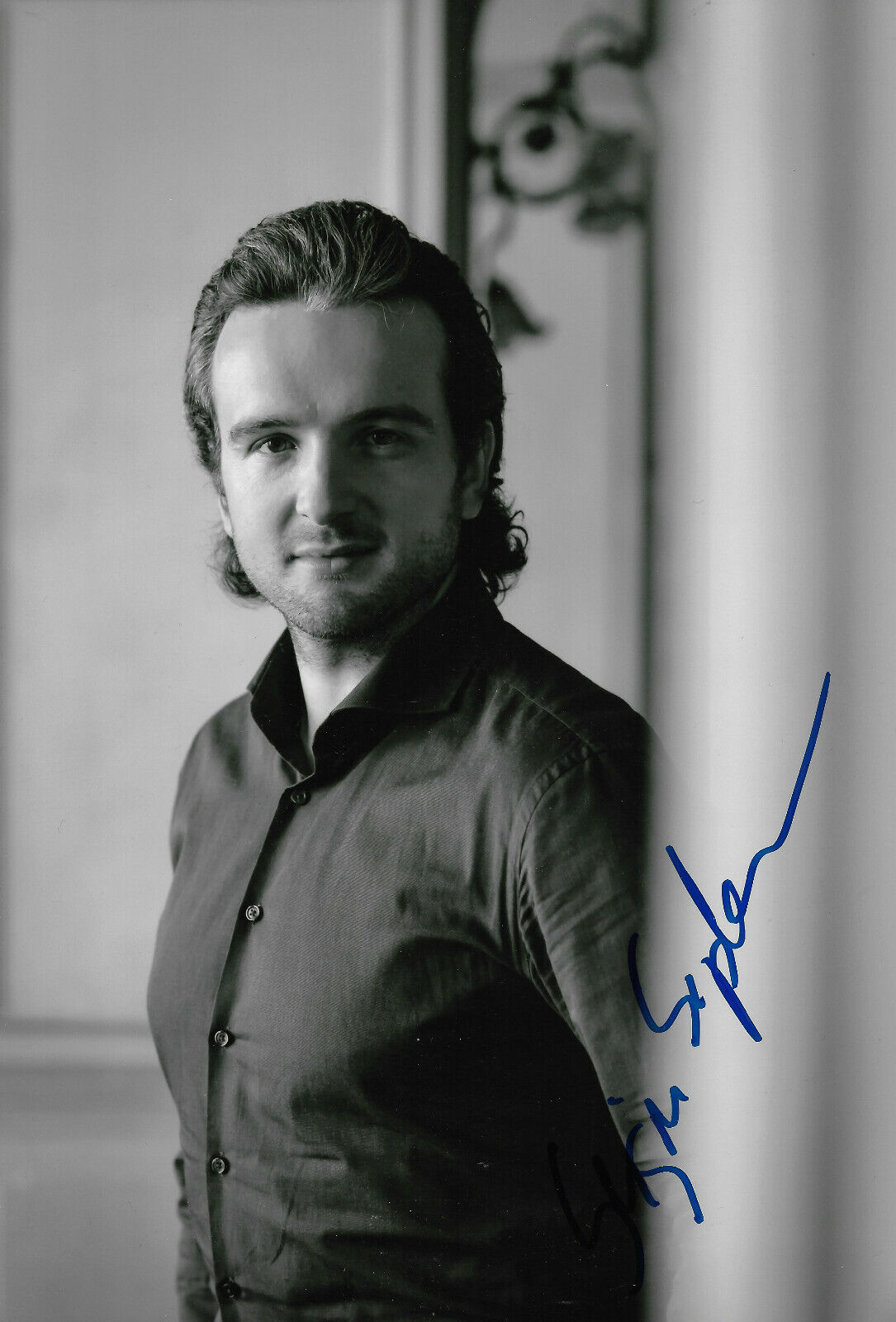-40%
Paul Plishka as Quinalult Metropolitan Opera Photo by Louis Melancon
$ 13.2
- Description
- Size Guide
Description
Paul Plishka as Quinalult in Cilea's Adriana LecouvreurMetropolitan Opera Photo by Louis Melancon
Born:
August 28, 1941 - Old Forge, Pennsylvania, USA
Paul Plishka is a notable American bass singer, known for a wide range of major and supporting roles. Both his parents were American-born children of Ukrainian immigrants. As a boy, he was interested in farming and football, but also took guitar lessons. His teacher insisted that he learn to sing while playing, so he would sing popular songs such as Love is a Many-Splendored Thing. When his father moved to a new job in Paterson, New Jersey, Paul, joined the school chorus. Soon, he was offered the part of Judd Fry in the school production of Oklahoma! He was spotted by Armen Boyajian, who was starting a local opera workshop. Plishka joined Boyajian's Paterson Lyric Opera Theatre.
Paul Plishka sang major roles - Raimondo in
Lucia di Lamermoor
, Guardiano in
La Forza del Destino
, and King Philip in
Don Carlos
- when he was only 21. Meanwhile, Boyajian taught him singing. Plishka was his first student, and Boyajian was Plishka's only teacher. Plishka attended Montclair State College in New Jersey, where he met his future wife, Judy. At the age of 23, he won the Baltimore Opera Auditions, and then won a prize in the Metropolitan Opera Regional Auditions. This earned him a contract with the national touring company of the Met during what turned out to be its final year. After that, they offered him a contract to be a cover (understudy) singer in buffo parts. He accepted the offer, becoming a member of the company in 1966 and debuting on-stage as the Monk in
La Gioconda
in 1967, followed by "all these real ham, basso-buffo roles" (Plishka's description), parts such as the Sacristan in
Tosca
and Benoit in
La Bohème
.
As a member of the Met company, Paul Plishka earned a reputation as a "house singer," a term which, when the house is of the caliber of the Met, is respectable, but which also carries an implication that the singer somehow lacks some ingredient required for stardom. He was reliable; he did 118 performances in his second season, with Boyajian listening carefully to all of them and making needed corrections at any sign of strain from this heavy schedule. The roles were generally small ones, but each season Plishka got opportunities the next season to sing roles of increasing importance and depth, so he remained attached to the Met. The roles he was singing included King Marke in
Tristan
, Oroveso in
Norma
, and both Pimen and Varlaam in
Boris Godunov
. Eventually, he got to sing more important parts, like Leporello in
Don Giovanni
and King Philip.
After several years, Paul Plishka began appearing widely in other houses, taking major parts. He appears regularly with major opera companies in North American cities such as San Francisco, Chicago, Philadelphia, Seattle, Baltimore, Houston, Pittsburgh, Dallas, San Diego, Toronto, Montreal and Vancouver. In Europe, he has performed in Geneva, Munich, La Scala,Hamburg, Barcelona, Vienna, Berlin, Zürich, Paris, Lyon, Marseilles and Covent Garden, London. He debuted as Mephistofeles in Berlioz's
Damnation de Faust
in Strasbourg in 1974, and began getting the more important bass parts. He made his Milan's La Scala debut with the same role, also in 1974.
Louis Mélançon
(1901-1974) was the in-house
photographer
for the Metropolitan Opera from 1947 to his death in 1974.

